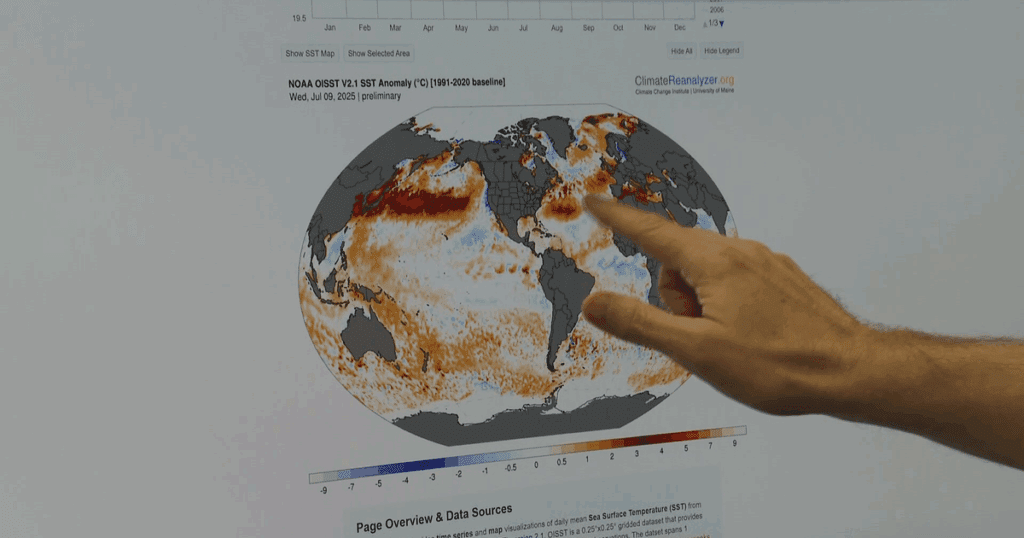The article discusses the effects of recent Texas flooding and controversies surrounding cloud seeding and weather management. Dr. Gary Luckman from North Carolina State University emphasizes that cloud seeding, a method to enhance precipitation, does not cause flooding on its own. Rainmaker, a company that conducts cloud seeding, states that its recent efforts were not in the flood zone and have minimal impact.
The record flooding is attributed to unusually warm ocean waters, increasing moisture levels, and leading to extreme downpours. This has prompted political action, with Rep. Jonathan Almond proposing House Bill 362 in North Carolina to ban cloud seeding and other geoengineering methods. He argues that a clearer understanding of the impacts of such technologies is needed, especially as many states consider similar bans.
Luckman criticizes these legislative efforts, pointing out that fossil fuel emissions are a significant contributor to climate change and extreme weather events. Meanwhile, the Environmental Protection Agency (EPA) clarified that the U.S. government is not engaging in geoengineering projects. The bill’s future is uncertain, with concerns that it could hinder valuable research on drought and weather management.
Source link


